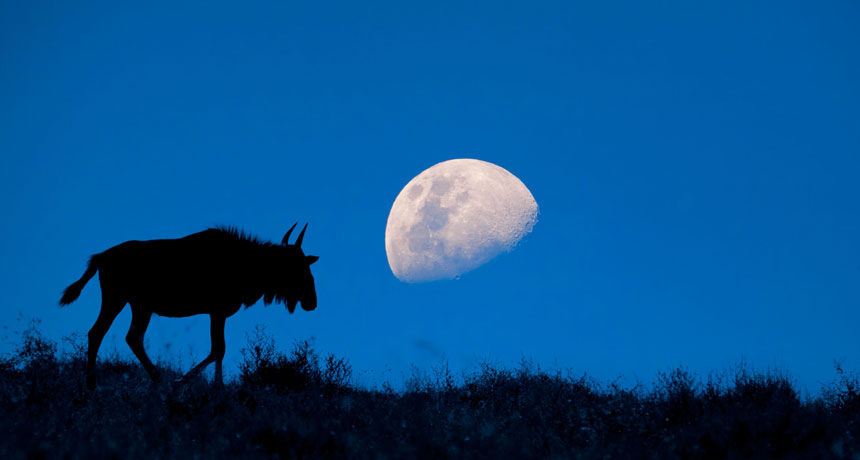UPANISHAD MANDUKYA : Chapter-1. Agama Prakarana :Upanishad Mantram-7 : Karika Mantram-s 10 to 18 : Karika Mantram -12.
=================================================
-------------------------------------------------------------------
01/05/2020.
Mandukya Upanishad :
Chapter-1. Agama Prakarana ( The Scriptural Treatise )
Sri Gaudapada's glossary :
Upanishad Mantram-7.
Karika Mantram-s 10 to 18.
Karika Mantram-12.
======================================
Sri Gaudapada - (c. 8th century CE) (also referred as Shri Gaudapadacharya) was a very early guru in the tradition of Advaita Vedanta school of Hindu philosophy. He is traditionally said to have been the grand-guru of the great teacher Adi Shankara, one of the most important figures in Hindu philosophy and also believed to be the founder of Shri Gaudapadacharya Math.
--------------------------------
Karika Mantram - 12.
Na "tmanam na params-caiva
na satyam napi canrtam,
prajnah kincana samvetti
turyam tat sarva-drk sada.
---------------------------------
Translation - by word
na atmanam = neither himself,
na ca eva paran = and not even others,
na satyam = neither the Truth,
na api ca anrtam = not even the untruth,
prajnah = prajna,
kincina = anything,
samvetti = knows,
tat turyam = that turya,
sarva drk = the all-seeing,
sada = for ever.
------------------------------------
Translation of the Mantram :
"Prajna does not know anything of the Truth or the untruth, nor does prajna knows anything of the Self or the non-Self. Prajna knows nothing. But Turya is ever, and it is always the All- knowing, the All-
seeing.
-----------------------------------
Discussion : on Karika Mantram-12.
Neither the Self, nor others again, for the matter of that; neither truth, nor again the untruth nothing whatever does Prajna comprehend. That Turiya however is always all seeing.
"Neither the Self, nor others again, for the matter of that neither truth, ... nor untruth nothing whatever does Prajna comprehend."
Prajna, although closest (in experience, as it were) to the Bliss of the Absolute (Turiya) is only free from effect and desire due to the lack of any comprehension or memory due to deep sleep, which within the creation of Maya, from the point of view of discrimination looks to itself only.
"That Turiya however is always all seeing".
Considering the four states here, only the fourth has eternal existence. Only Turiya eternaly exists as knowledge absolute (always all seeing).
To be continued ...
==========================================
-------------------------------------------------------------------
01/05/2020.
Mandukya Upanishad :
Chapter-1. Agama Prakarana ( The Scriptural Treatise )
Sri Gaudapada's glossary :
Upanishad Mantram-7.
Karika Mantram-s 10 to 18.
Karika Mantram-12.
======================================
Sri Gaudapada - (c. 8th century CE) (also referred as Shri Gaudapadacharya) was a very early guru in the tradition of Advaita Vedanta school of Hindu philosophy. He is traditionally said to have been the grand-guru of the great teacher Adi Shankara, one of the most important figures in Hindu philosophy and also believed to be the founder of Shri Gaudapadacharya Math.
--------------------------------
Karika Mantram - 12.
Na "tmanam na params-caiva
na satyam napi canrtam,
prajnah kincana samvetti
turyam tat sarva-drk sada.
---------------------------------
Translation - by word
na atmanam = neither himself,
na ca eva paran = and not even others,
na satyam = neither the Truth,
na api ca anrtam = not even the untruth,
prajnah = prajna,
kincina = anything,
samvetti = knows,
tat turyam = that turya,
sarva drk = the all-seeing,
sada = for ever.
------------------------------------
Translation of the Mantram :
"Prajna does not know anything of the Truth or the untruth, nor does prajna knows anything of the Self or the non-Self. Prajna knows nothing. But Turya is ever, and it is always the All- knowing, the All-
seeing.
-----------------------------------
Discussion : on Karika Mantram-12.
Neither the Self, nor others again, for the matter of that; neither truth, nor again the untruth nothing whatever does Prajna comprehend. That Turiya however is always all seeing.
"Neither the Self, nor others again, for the matter of that neither truth, ... nor untruth nothing whatever does Prajna comprehend."
Prajna, although closest (in experience, as it were) to the Bliss of the Absolute (Turiya) is only free from effect and desire due to the lack of any comprehension or memory due to deep sleep, which within the creation of Maya, from the point of view of discrimination looks to itself only.
"That Turiya however is always all seeing".
Considering the four states here, only the fourth has eternal existence. Only Turiya eternaly exists as knowledge absolute (always all seeing).
To be continued ...
 |




.jpg)

Comments
Post a Comment